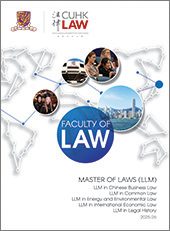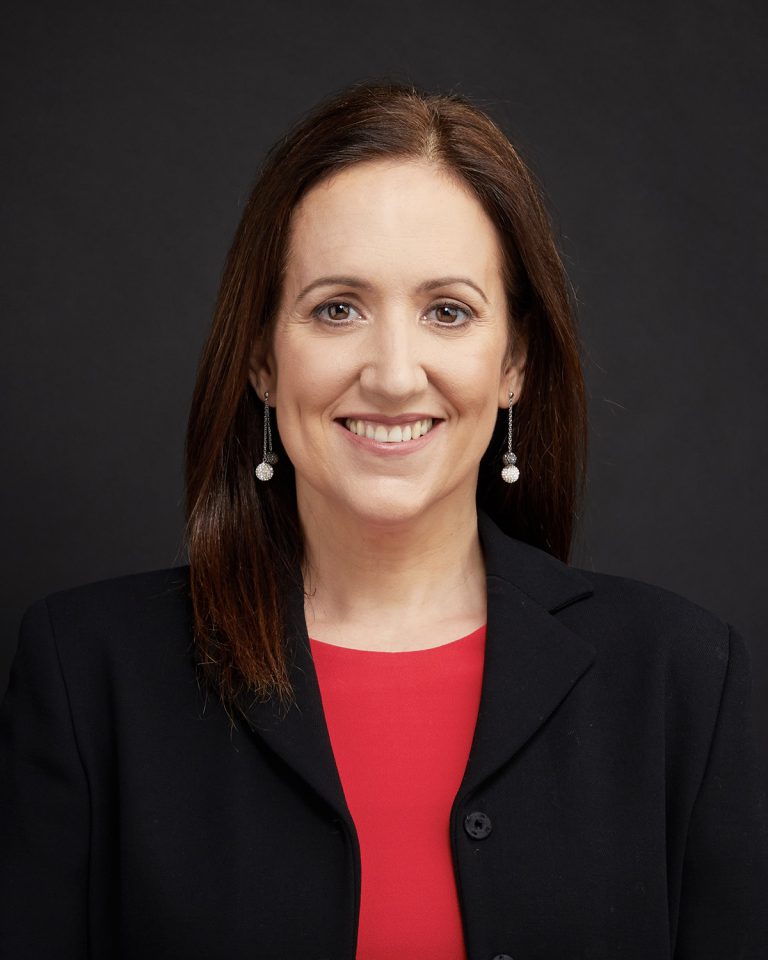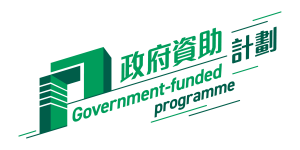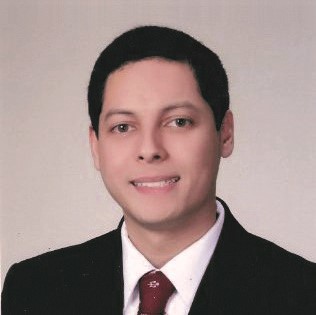Welcome to our Faculty and our LLM in International Economic Law!
I would like to provide you with some key information about our Programme.
International Economic Law is one of the most fascinating and dynamic fields of legal study. It encompasses both the conduct of states in international economic relations and that of private companies in cross-border business transactions. Many of the key decisions that affect our daily lives are taken by policymakers, business organizations and non-state actors engaged in this field.
Our LLM in International Economic Law Programme is designed to offer students a comprehensive understanding of the law and practice of cross-border business transactions. Students are equipped with advanced knowledge of the institutions, rules and principles which underpin the modern international economic order. They are also trained to pursue a legal career in key areas such as international sales and finance, M&A (mergers and acquisitions), WTO law, antitrust (competition law), and international banking law. Skills training modules ensure that graduates of the LLM in International Economic Law programme are able to conduct both practical work and independent research in relevant subject areas. Once you join us at CUHK LAW, you will be part of a vibrant intellectual community together with other students from all over the world. You will have access to an exciting programme of events, such as those organized by the Transnational Economic Law and Dispute Settlement (TELDS) group, giving you a unique chance to hear from world-leading scholars and practitioners. We hope that your time with us is only the first step in an exciting and rewarding personal and professional adventure.
See you soon at CUHK LAW!
Professor Sandra MARCO COLINO
Deputy Programme Director (LLM International Economic Law)

















